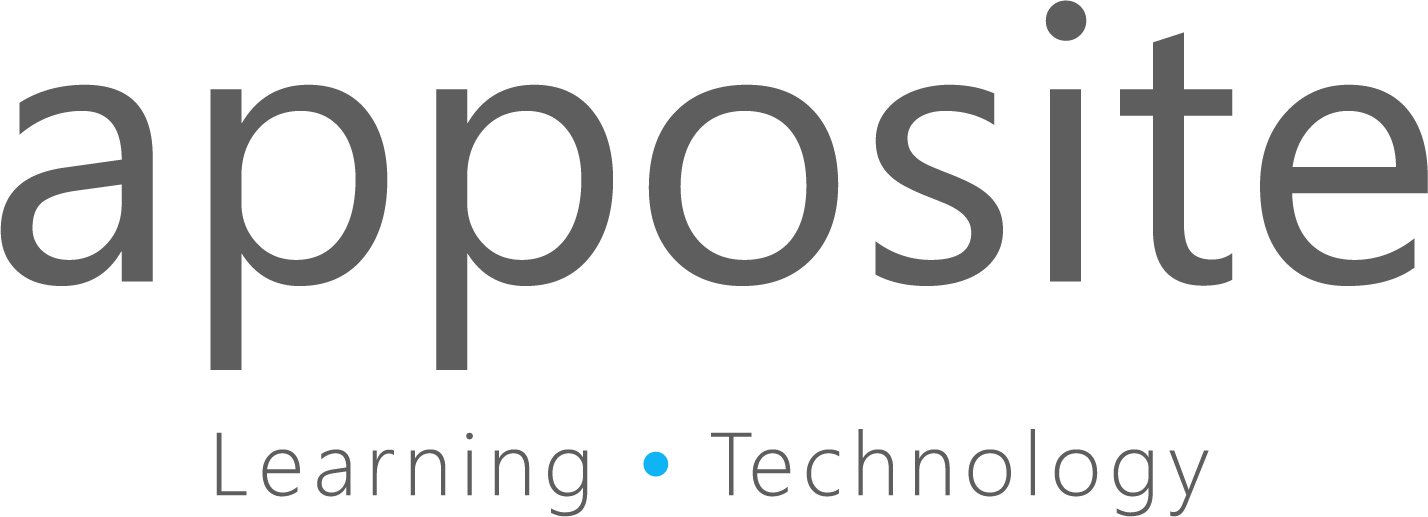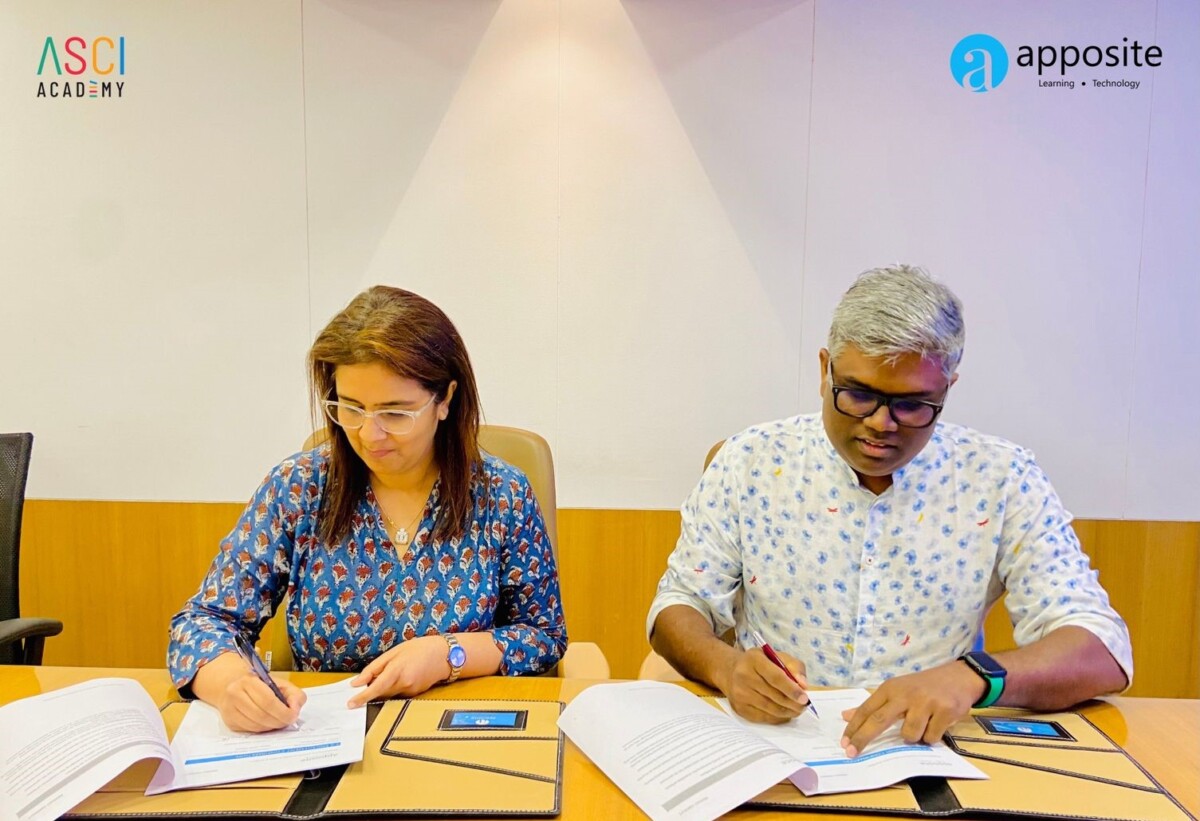HR Innovation and Future of Work
Introduction
Digital transformation within the Human Resources (HR) department of any organization requires using several strategies, acquiring new skills, focusing on innovation, and following the market trends. To ensure effective digital transformation, organizations must relook at their traditional business models and adopt an agile approach toward their HR function and capabilities. Organizations need to be cognizant that the latest technology, with its unique abilities, helps reinvent the workplace and enables performance beyond previous capabilities. Let us delve into some interesting types of HR innovation and the future of work.
What is HR Innovation?
HR innovation involves the execution of innovative ideas, methods, and technologies to successfully meet the needs of an organization and its people. Innovation should foresee and cater to future needs and not just focus on finding solutions to current problems.
Digital transformation requires large investments in HR technology, systems, and platforms. Midsize companies have made significant investments in HR technology, much of it in integrated HR platforms. The new work culture tends to shift towards cloud and mobile platforms, huge focus on analytics and artificial intelligence, and the dependency on video and social media platforms for recruitment.

Let us focus on the five important HR innovation techniques that are adopted by organizations for long-term business success.:
- Recruitment innovation – HR departments are increasingly using technologies such as augmented reality, chatbots, and data algorithms. Augmented reality is used to create effective job advertisements, which target the right candidates. Chatbots, powered by artificial intelligence, can help in sourcing, screening, and scheduling interactions with candidates. Data algorithms are being used to make predictions about a person’s suitability for a job.
- Onboarding – Efficient onboarding applications can systematically handle the arrival of a new employee from paperwork to introduction with policies and colleagues.
- Learning and Development – Organizations are effectively using the latest technology to offer on-demand real-time learning to their employees. Latest learning management systems, virtual platforms, curated content, augmented and virtual reality – all cohesively ensure seamless and customized learning experience.
- Talent Management – An effective talent management dashboard gives recruiters and hiring managers a detailed view of the talent pool, helping them to identify the right talent for a project or function.
- Performance Management – Latest performance management tools enable employees and managers of any organization to provide and receive continuous feedback. The tools track employees’ progress and give valuable inputs for career growth. The tools help managers to support their employees and create a culture of peer-to-peer coaching.
| The new age workforce, diverse in culture, age, and skills needs the HR to innovate and achieve business goals with more simple and global solutions. |
The scope of HR as an enabler has been broadened. Innovative tools are compelling HR to shift its mindset from one-time roll-outs to constant change and iterations in everything they do. This will have a positive impact on employee experience, from the boardroom to the front line, and certainly for HR itself.
What is the Future of Work?
It is inevitable that artificial intelligence, machine learning, and autonomous systems will transform the way we work and live. According to sources, as much as 30% of corporate jobs could be automated to align with the future.

Here are five attributes of the future of work:
- Flexible Roles – Positions will be fluid within an organization. It is noted that 75% of generation Z employees prefer multiple roles in one place of employment. Professionals would be signing in as contractors and then keep moving according to requirements. Teams are more likely to be project-based.
- Decentralized Workforce – Internet and technology is allowing the workforce to work from home or any location. Therefore they do not need to move to cities in search of jobs and can choose to live anywhere.
- Motivation to Work – Employees now look for more than a fat paycheck and clear goals. Other benefits, such as personal development plans, flexible work atmosphere, and latest gadgets also help keep employees motivated.
- Continuous Learning – It is not only important to learn new skills, but to keep adopting new skills throughout one’s career. Roles will keep evolving with the help of technology, such that employees will need to keep upgrading throughout their careers.
- Man and Machine Collaboration – Human workforce will need to collaborate with machines to bring out the best in the workplace. Artificial intelligence algorithms and intelligent machines will assist mankind as co-workers.
| Artificial intelligence, automation, and robotics are bringing about a huge change in the world of work. This shift is as significant as the introduction of machines in the prior generations of agriculture and manufacturing. While some jobs could retire, many others will be created. |
There is a definite correlation between employee engagement and digital transformation and it defines how the HR functions. HR Digital Transformation is bringing about a change in the entire nature of work, including career structures, workers’ expectations, and the talent and skills needed to do the job.
New generation employees look forward to an experience through engagement within the organization and not just a career. This is an entire shift in the organizational culture, brought over by intelligent, modern, and transparent tools.
However, digital transformation looks beyond automation. It brings in improved business agility, more comprehensive and effective use of intelligent services, and upskilling of a more diverse workforce.
The workforce of the future continues to diversify. The global talent pool consists of five different generations. As a result, HR becomes more complex. However, technology is enabling better strategic planning and HR management.
Upskilling this agile and diverse workforce must be a priority during HR digital transformation. HR departments need to make use of Artificial Intelligence or AI-driven learning to ensure effective upskilling or reskilling people and ensure there is the retention of learning and transfer to work.
Here is a peek at the future of learning, primarily driven by Artificial Intelligence.

Apposite has executed HR transformation projects for large organizations and can help organizations realize the potential of their existing resource base by implementing appropriate technology. Please connect with us for detailed case studies on projects successfully executed by the Apposite team on HR transformation and associated requirements. Our experts are available to support you in your HR transformation journey. To get in touch with us, email us at sales@appositelearning.com.








